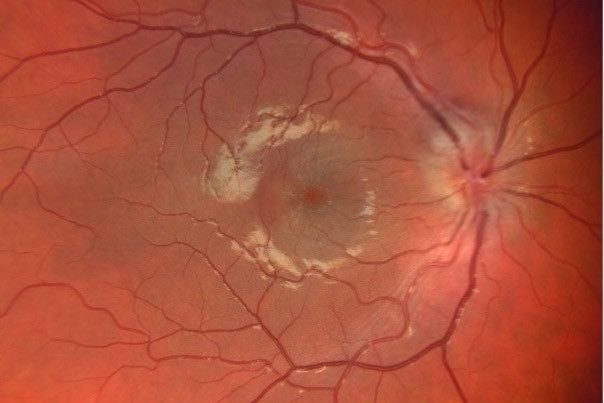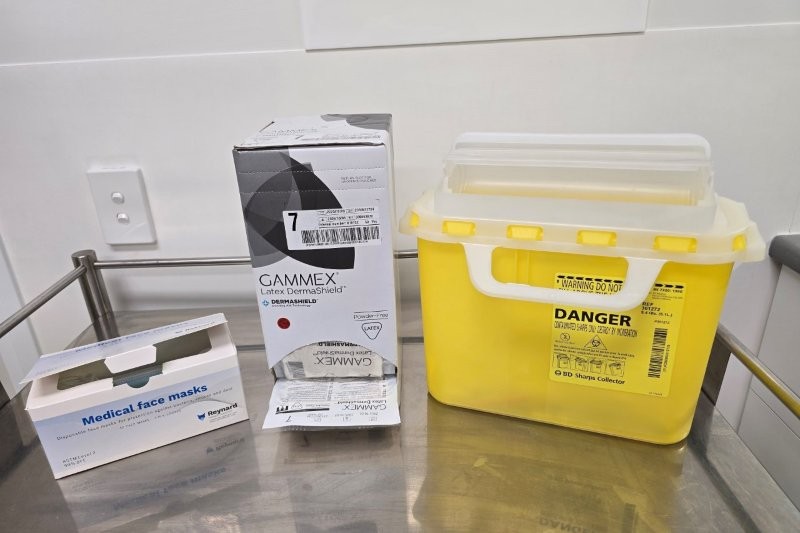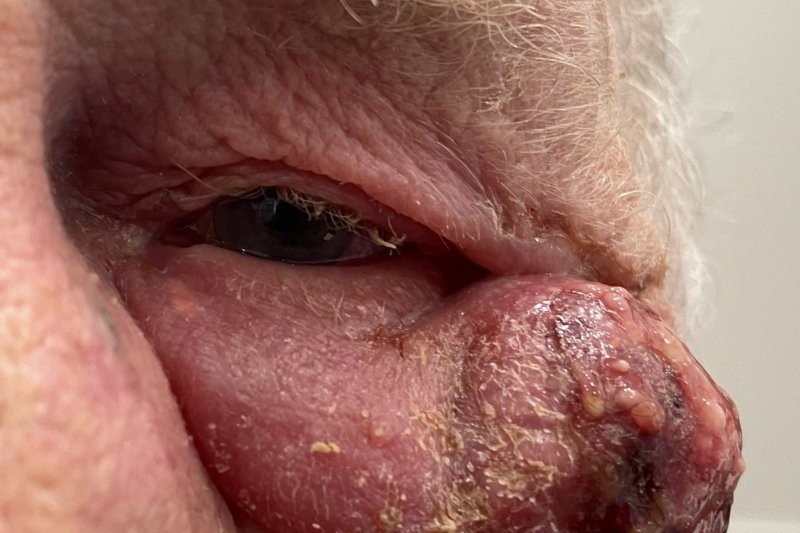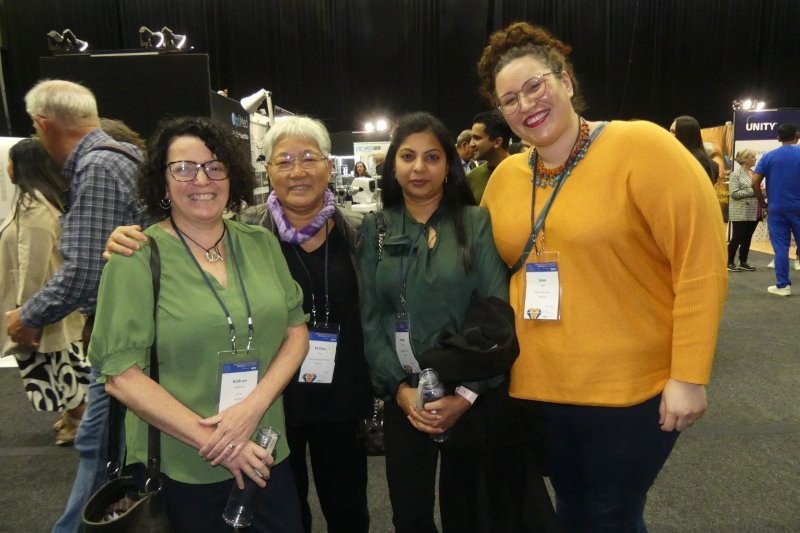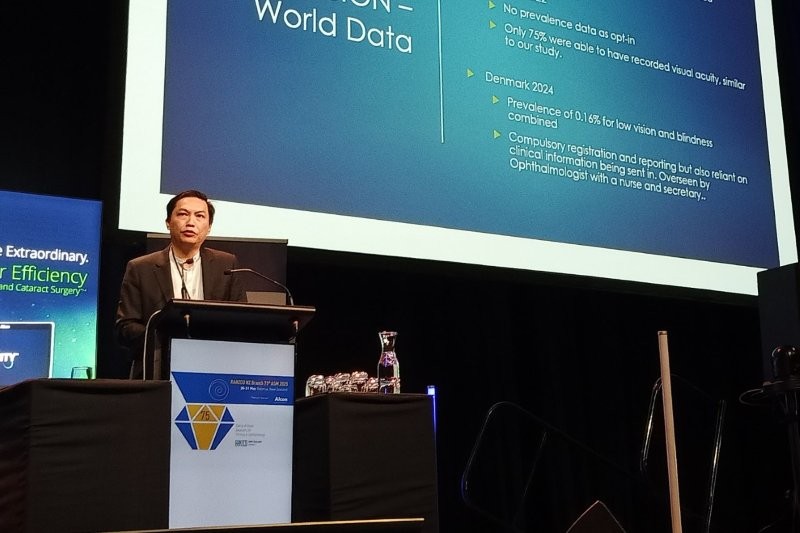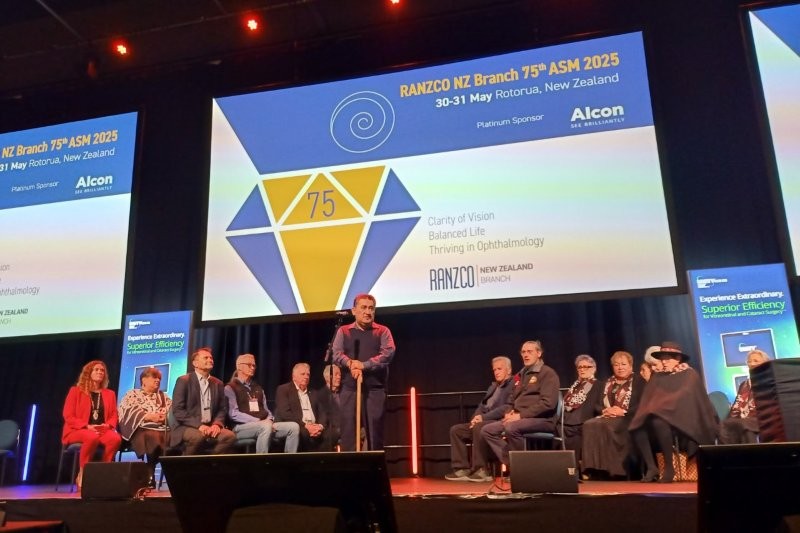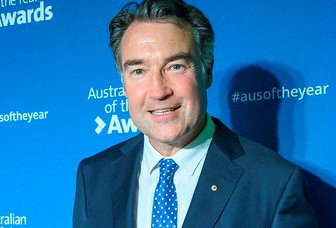Impressive keynotes head to Rotorua
This year’s RANZCO NZ Branch 2025 meeting features a powerhouse of local and international ophthalmic expertise, including keynotes, Professors Laura Balcer and Soon-Phaik Chee, Associate Professor Julie Schallhorn and ophthalmic nurse Lori Pacheco. Susanne Bradley asked them to share a little bit about their work and their lives.
Professor Laura Balcer, New York, US
Dr Laura Balcer is a professor of neurology, ophthalmology and population health at the New York University (NYU) Grossman School of Medicine. An internationally renowned researcher and author of more than 350 publications, Prof Balcer is at the forefront of groundbreaking research linking changes to the eye and visual function as indicators of neurological conditions like multiple sclerosis and concussion. A current NYU Grossman School of Medicine study, co-led by Prof Balcer, uses novel visible-light OCT to detect retinal biomarkers of neurodegenerative disease, including Alzheimer’s and Parkinson’s disease. Researchers say the study could lead to a breakthrough in adding vision exams to assess and potentially even diagnose Alzheimer’s or Parkinson’s diseases at early stages.
Prof Balcer said her grandmother inspired her to pursue medicine. “My grandmother, a unit secretary at the Union Memorial Hospital in Baltimore, Maryland, loved the field of medicine. When I became interested, sometime around fourth grade, she said, ‘You should be a doctor’. She was relieved I was no longer eyeing-up ‘major-league baseball player’ as a career! We were both Baltimore Orioles fans.”
Given she commutes to work in New York City from her home in suburban Philadelphia, each weekend, Prof Balcer said it was easy to look forward to routine things like grocery shopping and cooking. She’s excited about her upcoming trip to New Zealand. “This will be my and my husband’s first trip to New Zealand! We’re grateful to Professor Helen Danesh-Meyer for the invitation.” Prof Balcer said she’s planning to spend 10 days touring Queenstown, Mt Cook and Christchurch, including taking the TranzAlpine Scenic Train. “We are fortunate to be taking this ride in both directions, all in one day!”

Professor Soon Phaik Chee, Singapore
Professor Soon Phaik Chee is a senior consultant and partner of Eye & Retina Surgeons, a specialist clinic in Singapore focused on surgical and medical retina, a visiting consultant at Singapore National Eye Centre (SNEC) and National University Hospital, an adjunct clinician scientist at the Singapore Eye Research Institute and an adjunct professor at the Department of Ophthalmology, Yong Loo Lin School of Medicine, National University of Singapore and Duke-NUS Medical School. Her research interests include the management of complicated cataracts, having invented specialist surgical instruments for these surgeries. She’s president of the Asia-Pacific Intraocular Inflammation Study Group and chair of International Council of the International Ocular Inflammation Society and she’s authored 280 peer-reviewed scientific papers and many book chapters on complex cataract and uveitis.
SNEC calls Prof Chee one of its “teaching legends” saying, “She has taught almost every single ophthalmologist in SNEC over the past three decades and is widely considered and consistently nominated as one of the best teachers of cataract surgery.”
Starting out, Prof Chee said she had no desire to pursue medicine, her heart was in chemical engineering, but her dad insisted she do medicine to help the sick, but now she loves to inspire her students to learn. “It is wonderful when, at the end of a session, they tell me they learnt something new. Sometimes it can be as simple as learning how to adjust the surgical microscope and chair, so they gain better control of the patient's eye position. At other times, I hold their hand during surgery and this somehow accelerates their learning.”
Away from work, Prof Chee said her big passion is baking. “I almost gave up ophthalmology a couple of years ago to open a cafe!”

Associate Professor Julie Schallhorn, San Francisco, US
Dr Julie Schallhorn is an associate professor of ophthalmology and the Rose B Williams Endowed Chair in Corneal Research at the University of California (UC) San Francisco and the Francis I Proctor Foundation. She sits on the editorial board of the Journal of Refractive Surgery and is the past chair of the American Academy of Ophthalmology’s Refractive Intervention Ophthalmic Technology Assessment committee. She currently serves as the medical director of the Refractive Surgery division at UC and is actively involved in corneal and refractive surgery research and surgical education.
A/Prof Schallhorn said her original plan was to do a PhD in bioengineering and then go into lab work. “I was very interested in imaging, particularly vital imaging of cells and using algorithms to track them over time. However, once in there, I realised lab work was very lonely and I felt quite isolated. Around the same time, one of my good friends from college was diagnosed with chronic myelogenous leukaemia. Gleevec (imatinib), the first targeted cancer therapeutic, had just been approved and literally saved his life. Realising the impact that medicine can have and the connection you can build with patients made me decide to switch careers!”
Immense innovation in ophthalmology is what attracted her to the specialty. “Just simply looking at how cataract surgery has progressed from 100 years ago to today shows we are a field of innovators. I'm working with a few companies on the next generation of ophthalmology tech and I’m particularly excited about the JelliSee Accommodating IOL, which I’m very fortunate to work with as the co-chief scientific advisor alongside Dr Yuri McKee.”
A/Prof Schallhorn said she hopes to leave Kiwi ophthalmologists with an understanding of the ways they can improve patient outcomes and satisfaction with surgery. “Cataract surgery is by far the most common surgery we perform and even small adjustments in technique can lead to a big increase in the number of happy patients who are satisfied with their vision.”

Lori Pacheco, New York, US
Lori Pacheco is a certified registered ophthalmic nurse with more than 30 years of ophthalmic experience. With a background primarily in the ambulatory care setting, Pacheco has extensive experience in the perioperative environment as a scrub nurse, preoperative and postoperative patient care, sterile processing and laser refractive surgery.
A former director of clinical services for one of the largest multi-specialty ophthalmology practices in New England, US, and clinical director for its ophthalmic multispecialty surgery centre, Pacheco has also served in various volunteer capacities in nursing and outreach projects around the world. In 2019, she joined the Orbis Flying Eye Hospital on a mission in Accra, Ghana. A few months later, Pacheco was delighted to accept an offer of a full-time role with Orbis. “It was a dream come true. Orbis’ mission, building strong and sustainable eyecare systems, really stood out to me. Too often I would leave a humanitarian project wondering, what now? What happens after we leave? Do they have the resources to continue the work we did? After the project in Ghana, I felt a strong feeling of accomplishment. I was leaving the nurses with the tools they needed to further their careers. I still have one of the nursing training participants from that programme reach out to me with updates on her career as an ophthalmic nurse.”
Reflecting on her current role as associate director of volunteer experience and engagement at Orbis International, Pacheco said, “Working on a global platform across multiple time zones certainly comes with its challenges. But working within an international community is also a blessing. Being given the opportunity to work with eyecare professionals around the globe, making friends everywhere I go and networking with ophthalmic nurses around the world is amazing! I never take it for granted. Often, I leave a programme feeling I learned more than the nurses did.”
Pacheco’s message to New Zealand’s ophthalmic nurses is to ‘find that seat at the table’. “We are the heart of ophthalmic patient care. Be proud, keep learning, growing and volunteer at every chance given. Share your knowledge for the next generation of nurses with a passion for ophthalmology.”
For more on RANZCO NZ’s 2025 speakers and to register, please visit, https://web.cvent.com/event/f39e1e0f-f3b5-41a4-8086-4761783e008e/summary.










